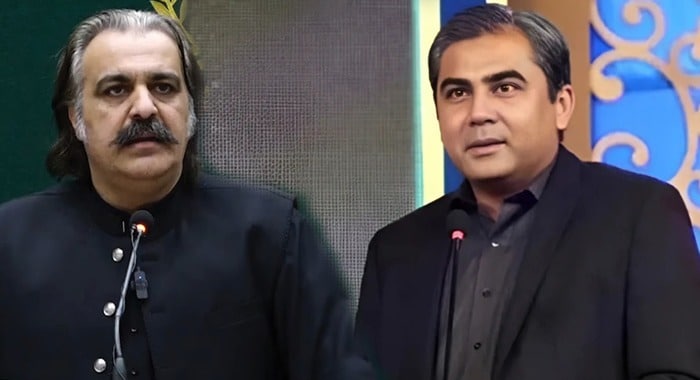Federal Interior Minister Mohsin Naqvi on Thursday issued a forceful declaration against terrorism, vowing to deploy “all available resources” to dismantle militant networks across Pakistan, particularly in Khyber Pakhtunkhwa (KP), where federal-provincial tensions are reaching a boiling point.
The political temperature surged during an All Parties Conference (APC) convened by Pakistan Tehreek-e-Insaf (PTI) in KP, intended to forge consensus over mounting security threats. Instead, it exposed deep rifts between the Centre and the PTI-led provincial government on counter-terrorism strategy.
In a moment that sent shock-waves through the political landscape, Naqvi posed a direct and explosive question from the APC stage:
“How much monthly extortion is one key provincial official paying to the Taliban in Dera Ismail Khan?”
Though he did not name the official, the implication toward KP’s ruling PTI leadership was unmistakable. The accusation suggested not just tolerance of militant activity, but possible financial complicity — raising urgent questions about governance and the rule of law in the province.
“By questioning whether provincial officials were themselves compromised,” one analyst noted, “Naqvi has shifted the debate from a dispute over federal authority to a matter of trust and credibility in KP’s leadership.”
The minister’s sharp rebuke came in direct response to KP Chief Minister Ali Amin Gandapur, who just days earlier had rejected any federal security operations — including drone strikes — within the province. “We will not allow any federal force to act unilaterally in our province,” Gandapur had said, while also taking a personal swipe at Naqvi:
“Mohsin Naqvi may be a star in their eyes, capable of deciding cricket matches and building flyovers, but he cannot dictate terms in Khyber Pakhtunkhwa.”
Naqvi, however, remained unswayed. “Militants will be confronted with full force, wherever they may be,” he declared. “Drone usage and other advanced tools remain on the table. This is a matter of national security, not provincial politics.”
Security analysts caution that political posturing must not interfere with operational integrity. “This war cannot be fought with blurred lines,” one senior intelligence official told reporters. “Either you’re in, or you’re in the way.”
With threats from extremist groups increasing, Islamabad appears ready to override regional objections if necessary, a move that could test the boundaries of federal authority and civil-military coordination in the weeks ahead.





